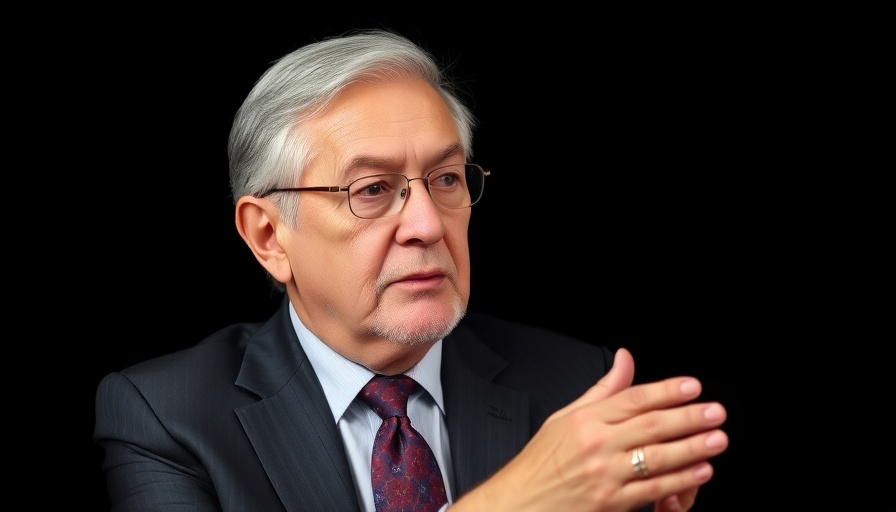
Concerns Mount for International Medical Graduates
As medical residencies approach their start date, a cloud of uncertainty looms over program directors reliant on international medical graduates (IMGs). As Douglas DeLong, MD, from a rural academic medical center in New York notes, the program could falter without these trainees, who are vital to patient care. Nearly all incoming residents in his internal medicine program are IMGs who hold J-1 or H-1B visas. Although one resident faced initial visa troubles, the situation offers a glimpse into the struggles many IMGs face amid shifting immigration policies.
Impact of Visa Delays on Medical Training
This year, numerous IMGs are still stranded in visa processing limbo due to a pause in student visa applications. Reports suggest hundreds are unable to schedule visa interviews, with many facing additional administrative hurdles. Omer Awan, MD, MPH, highlights the emotional toll on IMGs, who often modify their program rankings based on perceived visa support from institutions. These policies not only add stress but also instill a fear of uncertainty about their future in the U.S.
Healthcare's Dependency on IMGs
International medical graduates are pivotal to addressing the healthcare workforce shortages in the U.S. The crisis in residency placements puts immense pressure on medical institutions. The State Department acknowledges their importance, yet policies that prohibit entry from select nations raise concerns over future program structures.
A Personal Perspective: The Human Side of Residency
Healthcare is as much about human connection as it is about protocols and policies. Residents like those at DeLong's center exemplify resilience and dedication. Many are not just fulfilling roles; they are building futures in the health system. The combination of rigorous training and practical experience positions them as the 'doctors of tomorrow,' poised to lead innovations in patient care.
Looking Ahead: A Call for Advocacy
Given the obstacles facing IMGs, it is crucial for healthcare leaders and policymakers to advocate for reforms that will support these healthcare professionals. More structured pathways to residency placements and definite policy standards could alleviate some anxieties for IMGs. Efforts to improve visa processing timelines will go a long way in reassuring these dedicated individuals who wish to contribute to the country's healthcare system.
 Add Row
Add Row  Add
Add 




Write A Comment